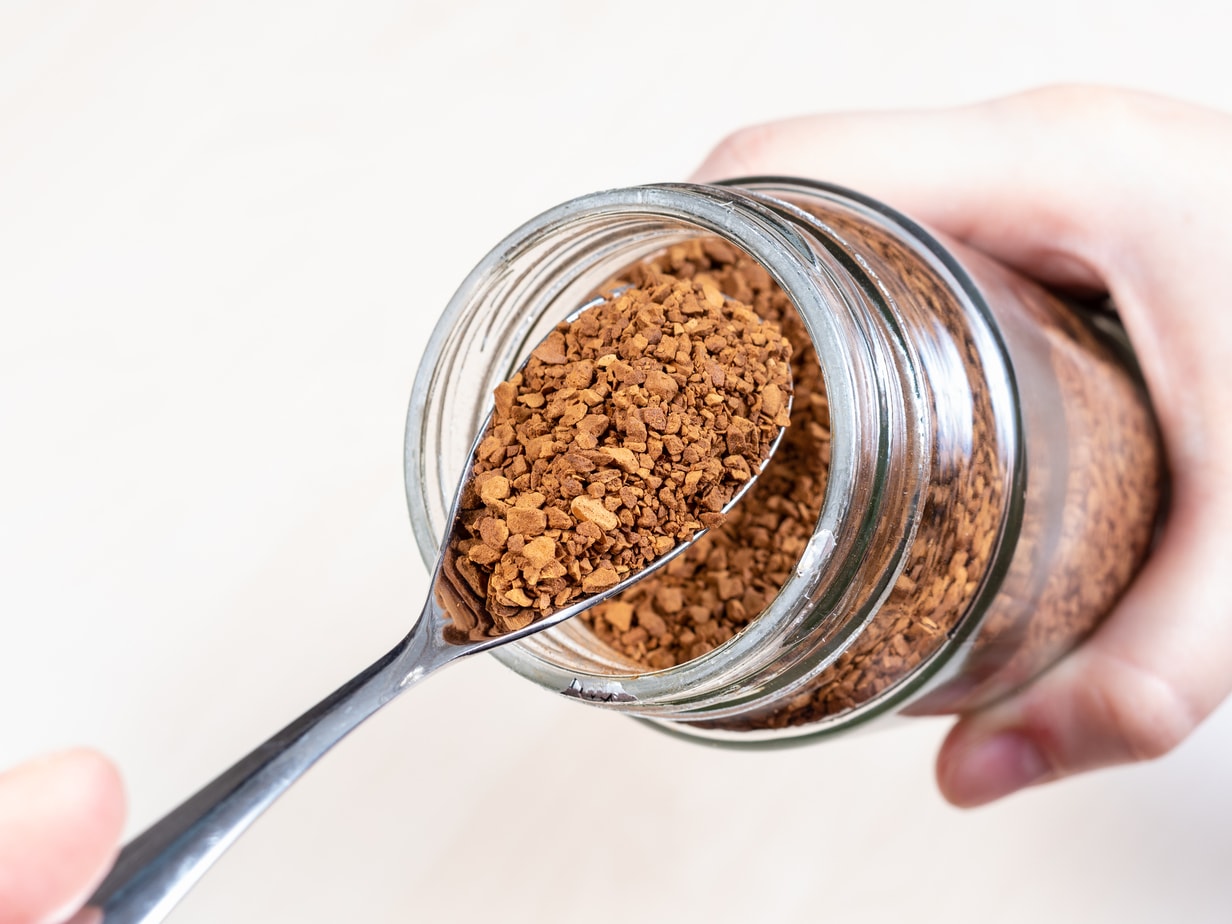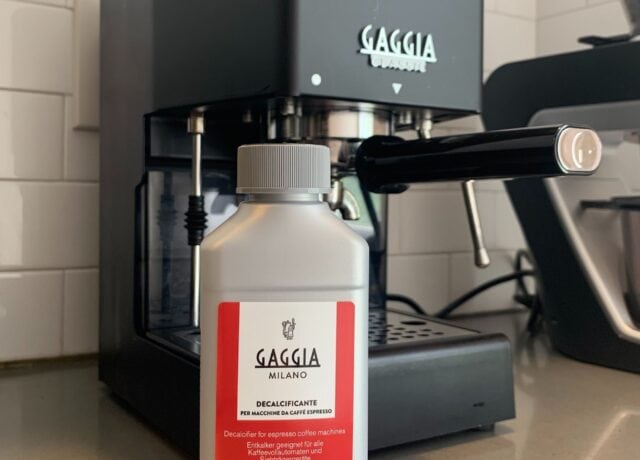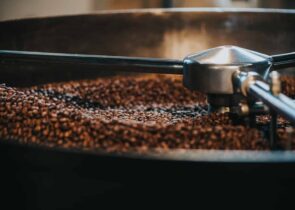In the world of latte art and people brewing coffee with their smartphones, there is not much pizazz that comes to mind when we bring up the words instant coffee.
That’s not to say that people aren’t drinking instant coffee, because there are a lot who do! Honestly, who doesn’t like to get things quickly? Especially in the morning when you have a busy day ahead of you.
There’s no contest that freshly ground coffee beans wouldn’t win when it comes to flavor. But what exactly is instant coffee? Is it any different than regular coffee? How is instant coffee made? Let’s dig deeper into this common household coffee and why everyone can’t seem to get enough of it.
The history of instant coffee
Instant coffee started to surface around the American Civil War. After a while, a similar mixture of coffee, sugar, and milk spread around Europe.
What we know today as instant coffee was first patented in 1881 by Frenchman, Alphonse Allais.
Due to its simplicity and speedy preparation, it was given to soldiers, sold in supermarkets and distributed around hotels and offices worldwide. By World War II, instant coffee was already a convenience for most households and businesses.
Even today it’s difficult to go to any hotel or office building without finding some instant coffee. Though it’s not famous for its flavor and freshness, it’s still a drink of choice for the general population. Simplicity cannot be beaten. The only thing that comes close would be a Keurig, but that is a whole different system.

How is instant coffee manufactured?
What makes coffee instant is when all the water is removed from the brewed product, leaving behind dehydrated crystals of coffee.
By the time instant coffee gets to us as consumers, instant coffee is essentially coffee that is made from coffee extract. The preparation is as simple as adding hot water, the instant coffee powder, and boom, you have a cup of java juice. Simple right?
There are two methods of making instant coffee:
- Spray drying – Liquid coffee is sprayed into hot air, causing the droplets to turn into coffee granules. Spray drying uses heat to extract the coffee powder.
- Freeze drying – The liquid inside the frozen coffee is vaporized, leaving behind a coffee powder that can be reconstituted in water. Freeze drying tends to leave more of the aromatic properties behind, which can make this method feel more like a fresh cup of coffee.
The preferred method of drying varies between different manufacturers, however, the most common technique is the freeze-drying method.
Is instant coffee the same as ground coffee?
Other than overall freshness and flavor, instant coffee tends to have less caffeine than ground coffee. Some studies have shown that instant coffee may contain more of certain antioxidants, which is great! But ground coffee contains more than double the amount of potassium found in instant coffee.
Another big difference is the speed and ease of instant coffee compared to ground coffee. You literally just mix hot water with the coffee powder and you’re done!
With regularly brewed coffee, you need to grind the coffee beans and prepare them for your brewing method. Not to mention you’re most likely going to need more items like filters or coffee pods.
So the two are quite different yet they are derived from the same thing – coffee. Both are made with water. Whichever is “better” would be completely up to how you like your coffee made. Convenience is also a factor in this decision and whether or not you have the time to prepare your beans.
In a rush? Maybe instant coffee is the way to go. Want to make a high-quality cup of coffee? You may consider regular coffee.
Does instant coffee expire?
Fresh coffee is the best coffee, there is no argument. If the container holding your instant coffee has been left open for a while, mold and other fungi can start to accumulate causing your instant coffee to go bad. If you want the best flavor from your powder, try and consume it closer to the date it was roasted.
Though some claim that instant coffee never expires, it’s safe to assume that if your container has been opened, it will eventually go bad. Since the taste of instant coffee is already less savory than brewed coffee, it may be hard to notice if oxygen has tampered with it. Always check the roast date and stick as close to it as possible.
Is instant coffee good for you?
While instant coffee may win on having less caffeine, another area it may loose in is having acrylamide. Acrylamide is a potentially harmful chemical that forms when coffee beans are roasted.
Due to the fact that instant coffee can have up to twice as much acrylamide as freshly roasted coffee, it is something to keep an eye on, as overexposure to acrylamide may lead to damage to the nervous system and increased risk of cancer.
Not to worry too much though, the amount of exposure to acrylamide through instant coffee and diet is much lower than the amount shown to be harmful and should not be a cause of major concern.
On the other hand, drinking instant coffee may:
- Boost metabolism
- Enhance brain function
- Reduce the risk of neurodegenerative disease
- Improve liver health
- Improve mental health
- Promote longevity
- Decrease diabetes risk
The good folks at healthline.com have an amazing article with further information on this important topic. Click here to check out their full article on instant coffee.

The Verdict
There is no denying that instant coffee is quick and easy. Not only that, but it also lasts a while. So if there is ever an Armageddon scenario in our lifetime, it might not be a bad idea to stock up on the dried coffee. Just make sure you stock up on enough water as well and you’ll be good to go.
It can also be handy when you’re in a rush, enjoying the great outdoors, cooking a recipe that calls for coffee, or even if you have an unexpected house guest that turns up at your door.
There may also be some serious health benefits to drinking instant coffee. Why take a chance, right?
Although the caffeine levels of instant coffee may be lower than regular coffee, the convenience cannot be matched. So if you don’t care too much about the aromatic qualities and just want to get your coffee ASAP, instant is the way to go.
I think whether you are new to coffee, or a seasoned veteran; instant coffee has a place for everyone. It’s low calorie and high antioxidant properties make it a great asset to your morning. If you are still hesitant about instant coffee, make sure to check out some instant coffee recipes for inspiration.
Happy Caffeinating!







